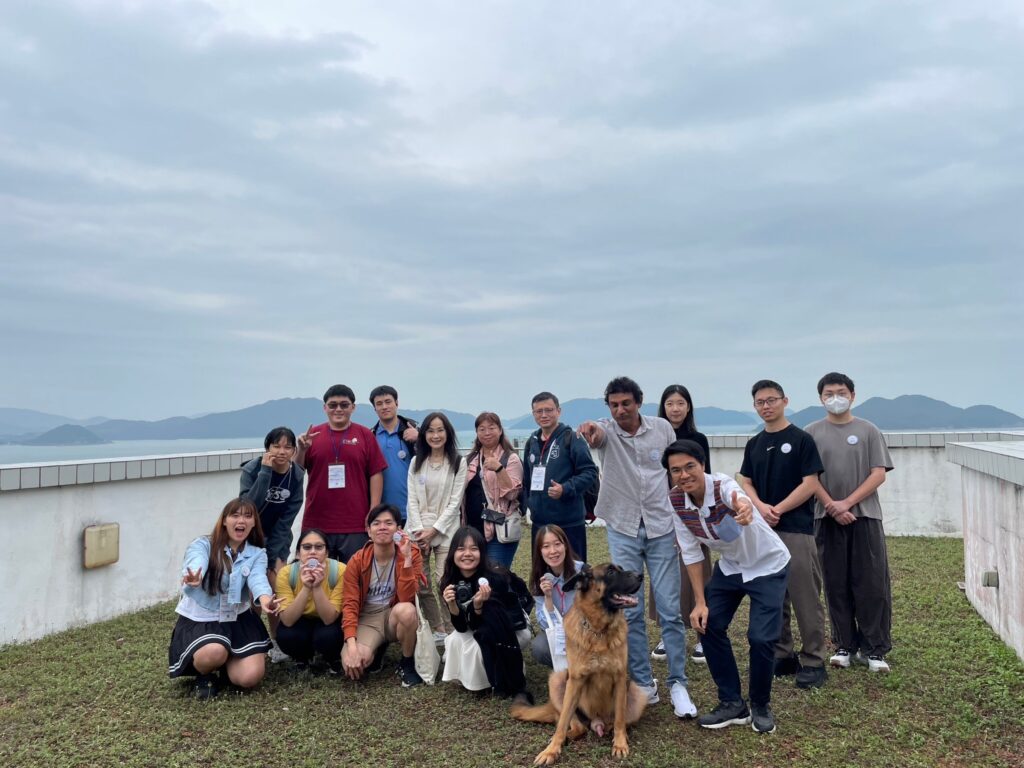The learning objectives of the Honors College are: rich and diverse, stimulating and inspiring, and practical feedback.
For a long time, the "collegiate" education model of universities in Europe and America has been highly regarded. In the 2015 academic year, NTNU established the "Elite College," which integrates key features of the collegiate system, such as centralized accommodation, mentorship support, and dialogues with distinguished scholars. This initiative aims to create a new learning environment and offer scholarships to ensure that outstanding students can focus on their studies. The goal is to cultivate elite leaders with the abilities to inspire, lead, innovate, collaborate, and show compassion. In 2016, the program was officially renamed the "Honors College."
Compared to traditional university education, which emphasizes professional and specialized training, the college system focuses on self-exploration and character development. Through diverse learning approaches such as one-on-one mentorship, face-to-face discussions, and personalized guidance, it encourages students to take initiative in their learning.
The college's learning platform—whether in living spaces, activities, or curriculum design—emphasizes small-group discussions and interactive engagement. Through these exchanges, students' passion and aspirations are sparked and inspired, fostering innovative ideas and creativity.
The knowledge and skills students acquire should be applied and put into practice. This not only enhances their grasp of real-world applications but also encourages them, as global citizens, to care for society and the environment. They should actively contribute by using their expertise to make meaningful, tangible impacts.
The learning framework of the Honors College includes thematic group discussions, experiential learning activities and practice, as well as international exchange lectures and dialogues.
Thematic groups:
Each semester, group discussions encourage students to engage in teamwork, interdisciplinary learning, problem discovery, critical thinking, and problem-solving. This approach fosters a passion for learning and a commitment to continuous improvement.
Experiential learning activities and practice:
Honors college encourages students to participate in self-directed learning activities, which include planning and execution, communication, and problem-solving. Emphasizing practical application and implementation, the program also invites outstanding individuals from within and outside the university to share their expertise and mentor students. This initiative aims to inspire senior students to develop their potential for innovation and entrepreneurship.
Lectures:
The High Table Dinner, a tradition in the UK, is often admired by successful professionals. In the past, the Holistic College held a "High Table Dinner" each semester, but starting from the 2023 academic year, it has been refined into an exclusive dining event. Through these gatherings, students not only learn essential social etiquette but also engage in meaningful discussions with faculty members, gaining valuable insights. Additionally, the college hosts small-scale lectures, inviting distinguished professionals from various industries to share their experiences in management, innovation, and practical applications.
The learning framework of the Honors College encompasses thematic group discussions, experiential learning activities and practice, as well as lectures and dialogues.
College students can fully utilize the shared living and learning environment provided by the university dormitories. The dormitory facilities, including the hot water supply system, bathroom amenities, desks and beds, internet access, telephone, and electrical systems, are all well-maintained. Additionally, comprehensive security measures, such as surveillance and fire safety systems, are in place to ensure student safety.
The dormitory lounge embodies the spirit of collaborative learning. Furnished with tables and chairs designed to foster interaction, it serves as a space that encourages students to engage in discussions, exchange ideas, and share their learning experiences.

